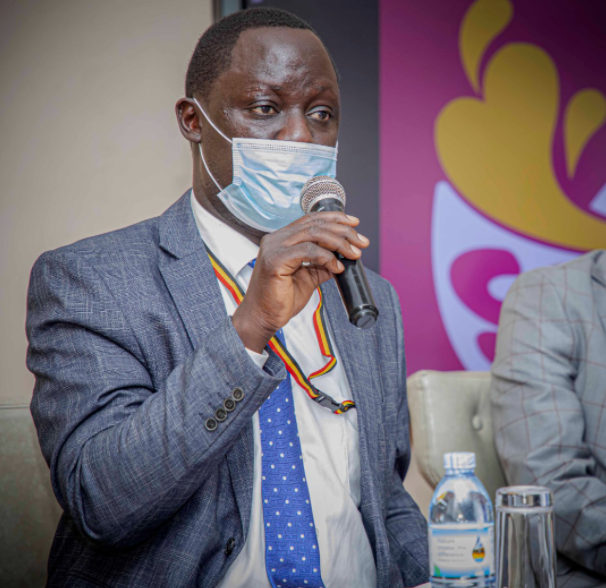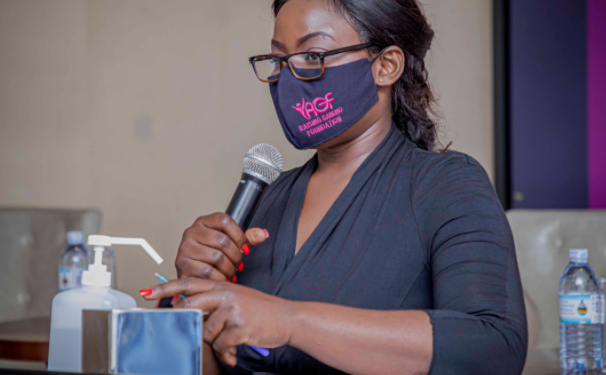Raising Gabdho is a social enterprise which aims to accelerate clean, accessible and sustainable energy for vulnerable communities through innovations for products, approaches to behavioral change and benchmarking good practices. We believe that a mixed solution can accelerate clean energy uptake to reduce the effects of energy poverty and bridge the gap of energy aid poverty as well.
Charcoal is the most accessible fuel for heating and cooking in urban areas both by households and commercial enterprises. By 2004, the annual consumption of charcoal was about 400,000 tons, 300,000 tons of this being consumed in Kampala alone. The per capita consumption in Uganda is 4kg/year and 12kg/year for rural and urban areas respectively.
Charcoal and firewood are reported to be directly linked to Uganda’s environmental degradation woes. The National REDD+ Strategy reports that Uganda has the second highest rate of deforestation globally, reducing natural forest cover from 30% in 1990 to 10% in 2015. The WESRP reports that at least 15 five-year-old trees (~653kg) are required each year per person to meet cooking energy needs, with higher rates for host communities than refugees.
The uptake and utilization of LPG in Uganda is a rising phenomenon, albeit more in central Uganda and among the more affluent households. According to the Ministry of Energy and Mineral Development, consumption of LPG in Uganda increased from about 1,000 cubic meters in 1994 to 8,000 in 2010. Ministry of Energy and Mineral Development sector review report notes that the country’s recoverable gas reserves are estimated at 672 billion cubic feet, of which 499 billion is non-associated gas and 173 billion is associated gas. Uganda thus expects to produce 60,000 tons of LPG annually from associated gas alone. It’s evident that Uganda is growing local capacity to provide a fairly sustainable supply of clean energy. However, there’s a gnawing need to convert the masses from traditional energy to reduce the pressure of the environment and create demand, with an exigent focus on vulnerable communities.

Studies show that most vulnerable communities (refugees and host) are willing to shift to clean energy goods and services, however, they simply do not have the income generating muscle to facilitate uptake and repeat purchase to eventually inspire total conversion. Financial incentives and flexible payment modalities will need to be developed to expand the market for increased access to clean energy products and services. This would include subsidies, reduced taxes, and supplier incentives and guarantees.
The Initiative
Raising Gabdho Foundation (RGF) with support from DCA, UNHCR and OPM, have partnered to subsidize access to clean cooking Energy, specifically LPG. The partnership is prized to provide a subsidy of up to 50% to 422 vulnerable refugee and host community households in concerted effort to negate uptake barriers and drive repeat utilization.

To penetrate the market and also provide the required scale, RGF has onboarded LPG experts to bolster efforts in identifying and reaching the intended beneficiaries. The experts will include Hass Petroleum, Stabex Gas, Vengas, Ola Gas and Jibu Gas to provide the service. By working with several partners, this campaign provides the beneficiaries with the power of choice to choose an energy service provider that speaks more to their needs.
The Beneficiaries
With funding from DCA, UNHCR and support from the Office of the Prime Minister of Uganda, the project targets to reach 422 vulnerable households (refugees) living in the urban and the host communities, an evaluation at the end of the project will be done to collect data to better inform project development and service delivery in the next stage of the intervention.
This campaign is envisaged to run for 3 months.










